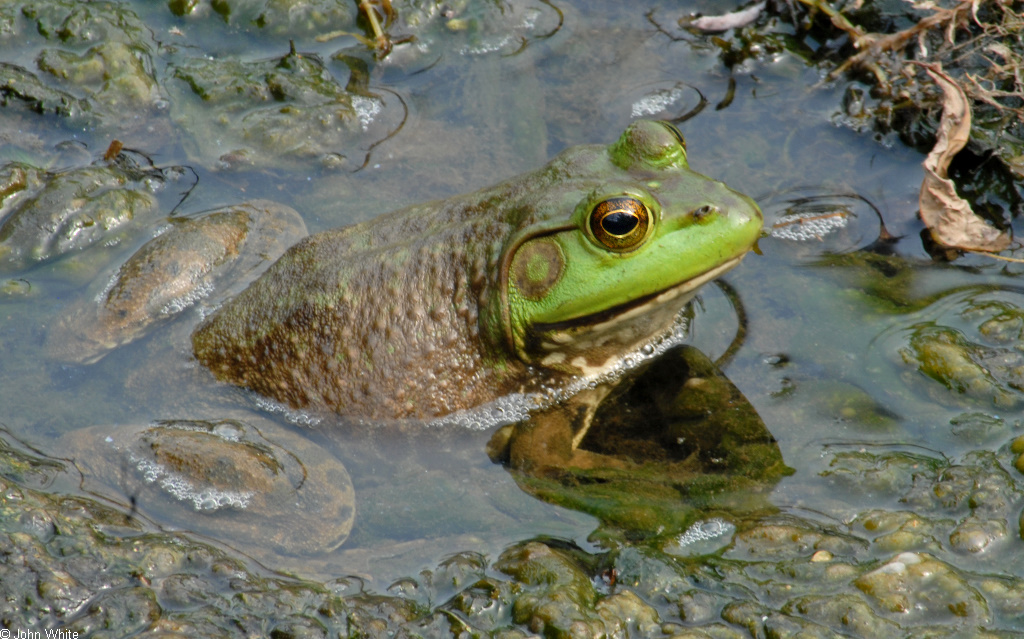
Mostly attributed to marine life, a homeostasis regulation state enables sufficient awareness of the environment and body functions – but at a reduced rate that enables the mind and body to rest and regenerate. Some animals maintain this state regularly and sporadically. Paradoxical sleep is a state of sleep known as REM (rapid eye movement) sleep. This includes many burrowing animals and is also adopted by animals that operate best at certain times of the day or night, like beavers, or spiders. Much like humans, some animals require a period of time for deeper rest.

This essentially dictates when they rest vs hunt and carry out other activities. This in turn allows scientists to determine the amount of rest an animal is receiving over a given period of time and how this affects its function and survival.Īn animal’s waking time is also a factor, so this will also depend if an animal is Diurnal, Nocturnal, Crepuscular, or Cathemeral. Circadian rhythm and sleep-wake homeostasis combine to regulate and manage sleep and wake patterns. Scientists can discern the amount of activity the brain is producing by tracking two main internal biological mechanisms. Let’s start with how we can best determine sleep.

There are lots of nuances, but I’ll try to make sense of them here. Others are simply “inactive” which can be interpreted as “rest”. On either occasion, they are gaining a form of sleep. Some animals, like the horse, will stand and look awake, but equally sometimes will lie down and look asleep. How do we know if an animal is asleep at all? It’s actually a complex area. Here’s how scientists go about categorizing animals’ sleep behavior.


 0 kommentar(er)
0 kommentar(er)
